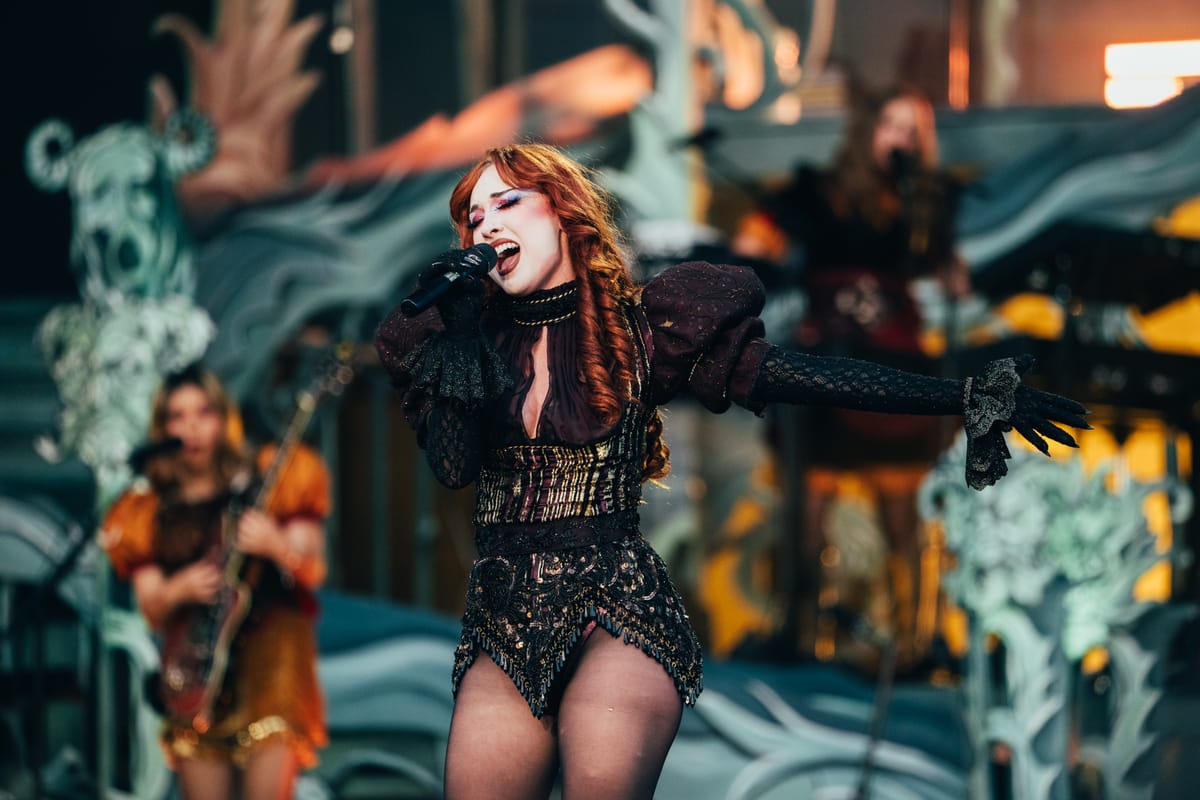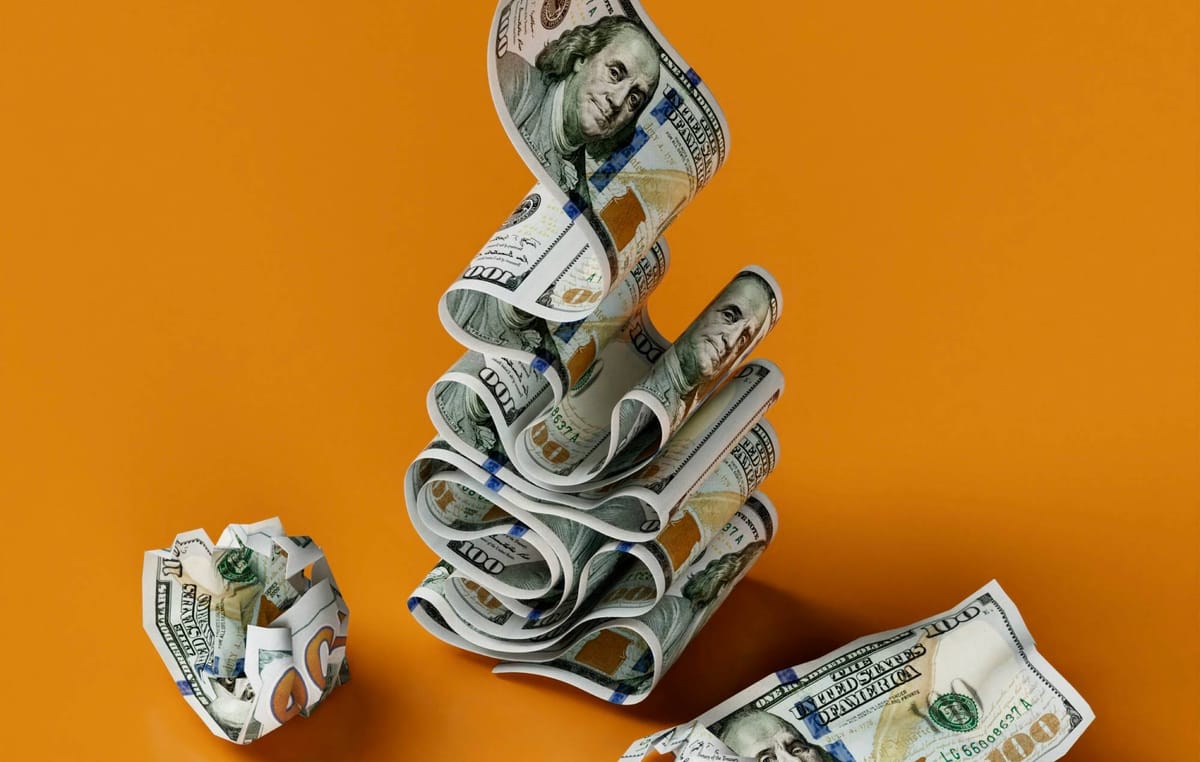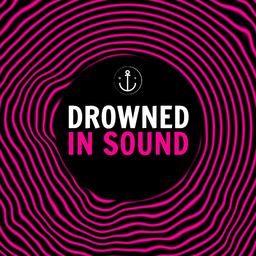In this week's newsletter:
- We ponder what a music industry with better workers' rights could look like
- On Wednesdays We Wear Black are on the podcast
- Track Of The Week comes from some noisy Black Country upstarts...
At one point, on our newest episode of the podcast with the incredible On Wednesdays We Wear Black, I referred to the idea that the music industry has no HR department. While, of course, human resources can uphold corporate power, the gist was that in music there wasn’t some authority you could go to in order to, say, report an incident of sexual misconduct. If someone behaved as certain musicians have behaved in any other workplace, they would lose their job, and with that, opportunities and status.
The world I work in functions so differently to any other line of work. This is partly because an overwhelming proportion of people in music, from those on stage to those backstage, on the merch desk or the sound desk – not to mention the journalists asking these people questions, or scribbling notes during shows - are self-employed. We don’t have traditional sick pay or annual leave. If we’re not working, we’re not getting paid.
As such, while we have flexibility and freedom, there’s a lot we miss. Two months ago, Sean and I watched Mannequin Pussy frontwoman Missy Dabice break down in tears on stage at Reading as she dedicated a song to her mother, who had passed away just a week prior. Both of us were surprised she’d made it on stage at all after cancelling shows in Ireland earlier in the week so she could fly home. More recently, Witch Fever frontwoman Amy Walpole wrote on her Instagram story last week about the strange experience of having to grieve her own mother’s recent passing while on an extensive European tour with Volbeat. These, I considered, were unfortunate reminders that the music industry doesn’t have formal, paid bereavement leave. If they’d chosen to carry on because they thought performing would be helpful for them, then power to them, and I hope it has been cathartic. (It reminds me of Weird Al Yankovic going ahead with a tour even after losing his parents, which he said helped him through his own grief). Then again, if the show is going on because they couldn’t afford to cancel, that really does feel like an unfortunate cost of band life.
There’s hope, however, that the needle could move. After all, as people were so keen to point out when Rishi ‘Retrain In Cyber’ Sunak was being less than helpful during the pandemic, art is work. As such, artists deserve the same rights any workers do, and that’s slowly being recognised. Look at the Irish government’s pioneering scheme offering basic income for musicians. (Keir Starmer, take notes). Chappell Roan famously used her Grammys Best New Artist speech to call for a living wage and healthcare for musicians to be provided by major labels, reframing the relationship between them as employer and employee. Olivia Rodrigo paid for therapy for her entire touring party; what if that became standard practice for labels?
If musicians can unionise – shout out the Musicians’ Union – they can, and should, have more. What about funds and resources to recompensate musicians losing income by, say, boycotting festivals with their pockets in the hands of dubious companies? It doesn’t just make the industry as a working environment safer; it also levels the playing field to make it more accessible for working class artists. If you ask me, this is what the music industry is crying out for – no, Spotify, not more AI tools designed to put more money in billionaires’ pockets.
These ideas are the exact sort of blue sky thinking we should encourage in all areas. A certain structure is unfair – why? It doesn’t have to be like this, how do we change it? Can we imagine better for ourselves? Most of the time, we can.
On Wednesdays We Wear Black are on the podcast
Sean and I had an incredible conversation with Sophie K and Yasmine Summan of On Wednesdays We Wear Black this week. Although music industry misconduct and how the system fails survivors and protects abusers were the main themes of our chat, we made a lot of connections to other issues persisting in music at present. Elsewhere, we discuss the role of the media in reporting on this problem, the state of journalism, cancel culture and whether the left is cannibalising itself.
I've known Sophie and Yasmine for several years now and the work they do is absolutely amazing. They create space to have important, nuanced conversations, but with that, there's plenty of room for joy and optimism. In fact, having been in the audience for their live podcasts at festivals before, seeing them chat with the crowd in the flesh is often a hilarious time. Music media is a far, far better place with them in it.
Subscribe to the DiS podcast, or wherever you get your podcasts.
Track of the Week
'Plaintive Native' by Big Special
I watched Big Special play in an Irish bar in Birmingham past midnight a couple of months ago at Supersonic Festival and thought, 'Where has this band been all my life?' I'll always have a soft spot for noisy, characterful bands with big messages to impart - especially those from areas that aren't necessarily known for being huge music hotspots, given they are where I've always lived. Every line is dripping in a Black Country accent - homogenous posh boy punk this is not.
Big Special are a band with both comedy and tragedy in their wheelhouse. At that show, when their laptop was malfunctioning, Joe declared: "Without the laptop, we are just a comedy act... a bad one." 'Plaintive Native', however, taps into the dread burrowing deep in their bones. They're confronting a society that wants to keep its citizens confused about who they can trust, who is genuine, and who really has their best interests at heart. "War/It’s just another war/Best get out our pens/And heave the holy oar," he says.
Also subscribe to our 2025 Favourites playlist on YouTube for more recent tracks of the week.
DiS is going to EarthSonic
EarthSonic joins the dots between music and climate activism, playing host to conferences, installations, and interactive presentations. The project is put together by In Place Of War, who you'll have undoubtedly heard Sean mention on the podcast. He will be there recording an episode of DiSpatch, and if you want to be part of this event - a vital antidote to narratives of climate doomerism - you can do so for just a tenner.
Community Prompt
The petition to lower business rates on recording studios
The Music Producers Guild (MPG), supported by UK Music, are calling for the government to make recording studios eligible for the reduced business rates being offered under the Retail, Hospitality and Leisure (RHL) scheme.
While buildings in retail, hospitality and leisure can receive some business rate relief, the 500 recording studios that are operating in the UK cannot. Studios struggling with ballooning overheads could have their business rates cut by up to 40 per cent, helping to safeguard them for a future generation of artists. They're as vital a part of music infrastructure as grassroots venues - you can sign it below and find out more here.
FREE 7-DAY TRIAL
Unlock full access to Drowned in Sound - including in-depth essays, articles from the archive, and behind-the-scenes reporting - with our free 7-day trial.
FREE ALL-ACCESS PASS



